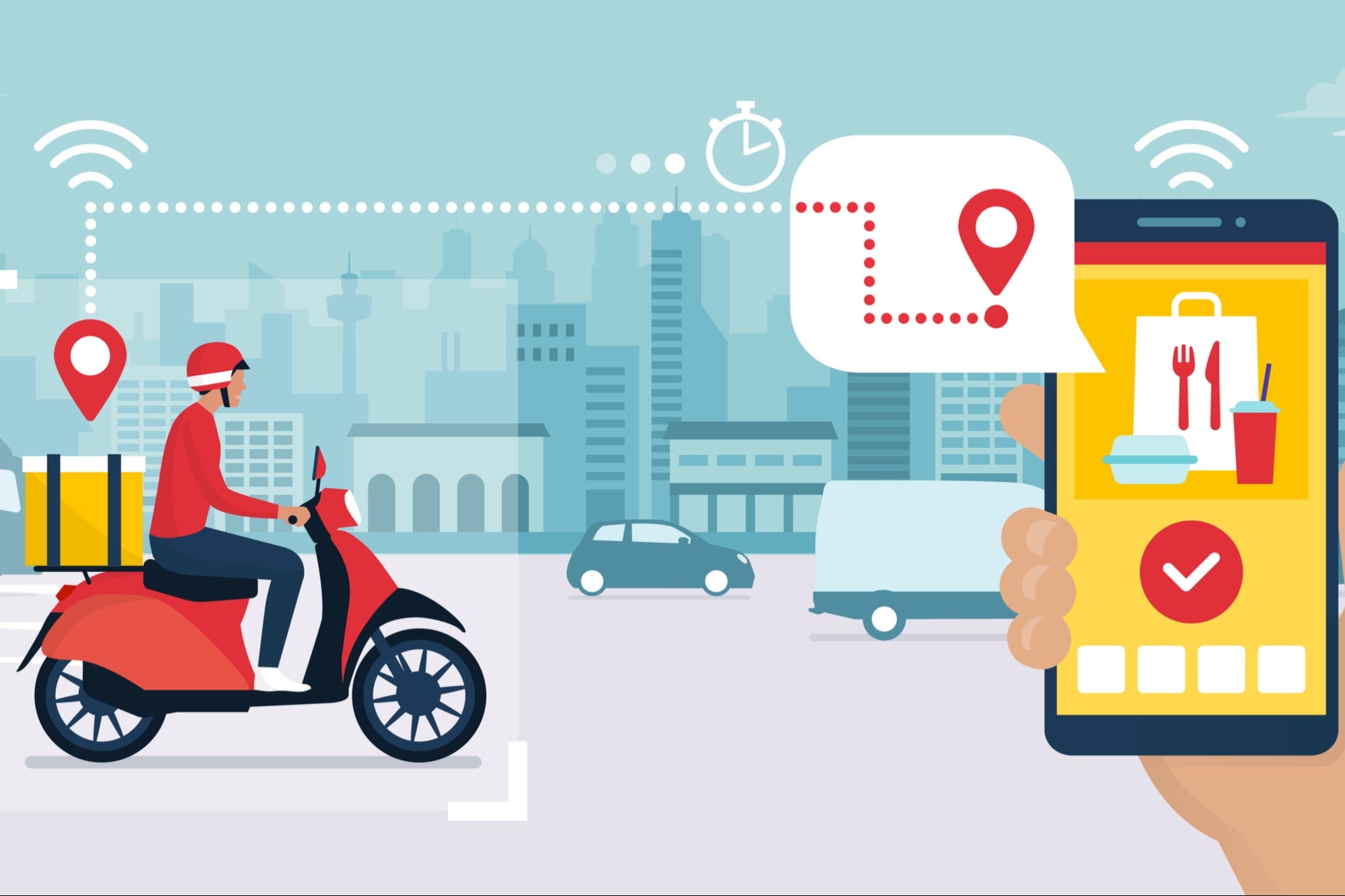In the dynamic landscape of retail, the emergence of Quick Commerce (Q-Commerce) has accelerated the pace of consumer gratification, transforming the shopping experience from days to mere minutes. Imagine needing a last-minute ingredient, realizing you’re out of milk, or urgently requiring pain relievers – traditionally, this would entail a frustrating trip to the store. However, Q-Commerce, the retail industry’s new speed demon, is here to redefine convenience and immediate access to essentials.
From 0 to 1: Understanding Q-Commerce
Q-Commerce is breaking away from the norm of waiting days for online orders. This innovative model promises hyper-fast delivery, often within minutes or under an hour, for essential items such as groceries, medicines, and electronics. Operating through a network of dark stores strategically located in densely populated areas, these mini-warehouses are stocked with high-demand products. Orders are swiftly picked, packed, and delivered to your doorstep by bike or motorbike riders, achieving lightning-fast fulfillment.
Disrupting the Retail Landscape: 1 and Beyond
This instant gratification model is revolutionizing the retail space in several impactful ways:
- Convenience King:
Q-Commerce caters to our impatient, time-pressed selves, offering last-minute solutions for needs ranging from birthday gifts to midnight snacks. This convenience factor is particularly appealing to busy urban populations. Example: With Q-Commerce leaders like JOKR providing an extensive range of products, urban dwellers can fulfill their immediate needs without leaving the comfort of their homes. - Goodbye, Grocery Store Run:
The need for physically visiting grocery stores is eliminated, saving time and energy for individuals with packed schedules or mobility limitations. Busy parents, in particular, find this service invaluable. Example: Gorillas, a Q-Commerce startup, focuses on quick grocery deliveries, allowing customers to skip the traditional grocery store run. - Traditional Retailers on Alert:
Brick-and-mortar stores face the challenge of competing with the immediacy of Q-Commerce. To stay relevant, they are adapting by offering click-and-collect options or establishing partnerships with Q-Commerce providers. Example: Traditional retailers like Walmart are integrating Q-Commerce strategies to compete with the convenience offered by digital-first platforms. - Delivery Dilemmas:
While the rapid delivery model is reshaping retail, concerns about rider safety and working conditions arise. Additionally, the environmental impact of increased individual deliveries needs addressing for long-term sustainability. Example: As Q-Commerce grows, companies like Glovo are investing in rider safety programs and exploring eco-friendly delivery options.
The Future of Retail: A Blur of Speed?
While Q-Commerce is in its nascent stages, its growth potential is undeniable, with the market projected to reach a staggering $50 billion by 2025. However, questions linger about its sustainability, the balance between convenience and in-store experience, and the ethical considerations surrounding rider treatment and environmental impact.
- Sustainability of the Business Model:
Balancing the high costs associated with maintaining dark stores and ensuring rapid deliveries with profitability poses a challenge for the sustainability of the Q-Commerce business model. Example: Companies like Getir are experimenting with innovative logistics solutions to optimize costs and maintain profitability. - Convenience vs. Experience:
While speed is a major draw, questions arise about whether consumers will miss the in-store experience and product discovery offered by traditional retail. Example: Some Q-Commerce platforms are exploring augmented reality features to provide a virtual shopping experience, attempting to bridge the gap between speed and exploration. - Ethical Considerations:
Ensuring fair treatment of delivery riders and minimizing the environmental impact are crucial factors that Q-Commerce platforms must address for sustained success. Example: Delivery platforms like DoorDash are actively engaging with stakeholders to improve working conditions and environmental sustainability.
Q-Commerce has undeniably ignited a retail revolution, challenging traditional models and setting unprecedented standards for speed and convenience. Whether it becomes the dominant force or complements existing retail structures remains to be seen. One certainty persists: the future of retail is hurtling forward at breakneck speed, with Q-Commerce at the forefront of the race.




